Editorials
– Ebticar newspaper wonders about the blackout practices of Rouhani’s government concerning its performance during the past three years.
– Etimad newspaper discusses the years of education law, saying that it was legislated to distract students from participating in the political life
Iranian News Roundup
– Rouhani: economic growth increase by the end of the year
– Outside competition over investment in Chabahar
– 16-year imprisonment for Narjas Mohammadi
– 25% of diseases in Iran are psychological
– Minister of Justice denies a deal with Canada on the release of Hoodafar
![]()
Shargh Newspaper
Economic difficulties facing Rouhani, and several other points
An editorial in Thursday’s Sharq newspaper provided the details of a public meeting held by President Rouhani in the city of Qazvin in northern Iran in the run-up to the 2017 presidential election. During the meeting, Rouhani reportedly criticized the vision for economic management backed by supporters of former president Mahmoud Ahmadinejad, pointing out that the same policies, implemented by Ahmadinejad during his presidential tenure between 2005 and 2013, had resulted in large-scale corruption and massive poverty. The current government had been left to clean the swamp left by these economic policies and is still struggling to overcome that legacy, Rouhani said. The president said that while Iran was earning massive sums from oil revenues during the Ahmadinejad era, the government was borrowing heavily both domestically and overseas, as well as issuing treasury bills, to achieve the false appearance of a balanced budget.
Despite Rouhani’s explanation, the editorial sharply criticized him for his failure to implement his electoral promises to hold periodic meetings with Iranian economists who it asserted are true friends of the government and are not deceived by false claims. The editorialist suggested that Rouhani should meet with these experts and take their opinions into consideration in formulating his policies. The editorial concluded by calling on the president to strengthen his links with these economists and to engage them in order to clarify the full extent of the damage done to the Iranian economy during the Ahmadinejad era, as well as allowing them to offer forecasts for the country’s economic future.
Etimad newspaper: Iranian students confused and frustrated due to lack of educational aid and facilities
An editorial in Thursday’s Etimad newspaper focused on problems facing students at Iranian universities as the number of student protests increases over recently introduced legislation imposing fines on students who fail to complete their Bachelor’s degrees within the customary four-year period. Some analysts suggest that the legislation is a political strategy designed to force students to focus solely on studies and prevent them from participating in the political arena. The editorial revealed that the number of students attending university in Iran has more than doubled in recent years, going from 2 million to 5.4 million in a relatively short period. Despite this massive increase in student numbers, however, the Iranian government has not increased the budget for the countries’ universities accordingly, with some universities reacting to the resulting pressures by implementing strict policies to reduce student numbers, either through increasing course costs or imposing penalties on students who fail to complete their degrees within the set timeframe as a means of reducing student numbers.
The management of Iran’s universities has been a persistent problem in Iran, with responsibility vacillating between the Ministry of Higher Education and the universities’ Boards of Trustees. The editorial also mentions the importance of the role played by student unions in working with these bodies, concluding by stressing the right of each university’s board of trustees to manage the administration of the university and to issue decisions based on consultations with student union representatives.
Ebtikar newspaper
I ask you
In an editorial in Thursday’s Ebtekar newspaper, the writer announces the newspaper’s refusal to accept what it claims is a snub by President Rouhani and administration officials in refusing to respond to questions raised by voters. The editorial cites the case of a Tweet posted by Rouhani on his Twitter account on Wednesday asking why senior state officials, as well as journalists and media, don’t talk about the reality of the situation facing the Iranian people.
This prompts the editorialist to ask why Rouhani is asking the people this question rather than answering it himself, suggesting that the president should at least tell the people what’s happened during the last three years of his presidency which he has signally failed to do, instead focusing on state visits and other business. Rouhani also forgets that this government is the body which oversees the work of the country’s radio and TV media, whose heads are appointed by the Supreme Leader Ayatollah Khamenei, the editorialist states, adding that all of those who Rouhani describes as senior officials or statesmen come under the government’s authority in some way. The editorialist says that through this Tweet, Rouhani appears to be attempting to portray his administration as being weak in the face of the regime leaders and to be suggesting that it lacks any power; however, the writer continues, even if the Iranian constitution grants executive power to Khamenei, this still leaves the president and his government with a great deal of leverage and certainly with the same standing and authority as the other senior regime officials including the leaders of the Supreme Council of National Security and of the Revolutionary Guards among many others.
The editorialist sharply criticizes Rouhani and his administration for their inaction to prevent the closure of many newspapers shut down during his time in office and their arrest of journalists, as well as for Rouhani’s failure to help alleviate political pressure on these media and journalists. On the other hand, the editorialist adds, an anti-government newspaper which attacked Rouhani and was threatened with closure and the revoking of its license, as a result, is still being published, with the newspaper issuing a plea to the judiciary not to close the paper and being allowed to continue unhindered. This shows cowardice and weakness on Rouhani’s part, the editorial says, likening this to his cancellation of concerts in Khorasan province, despite the government issuing concert licenses.
The people of Iran are tired and fed up with empty slogans, which bear no relation to reality, the editorial continued, adding that the Iranian people are tired and fed up with slogans that have no connection with reality and that Rouhani should direct his questions to himself.
This attitude on Rouhani’s part has led to the Iranian people losing interest in heeding official statements which do not reflect their own reality, the editorialist asserts.
The editorial concludes by pointing out wryly that Rouhani delivered his message to the Iranian people via Twitter, a social media platform which is blocked in Iran, with the people having to find ways to circumvent the government’s legislation in order to access it. The editorialist pointed out that this clearly shows that the President of the Islamic Republic of Iran is violating Iranian law by using a banned social media platform and expecting all Iranian citizens to do the same thing, asking why Iranian regime officials seem incapable of realizing the glaring contradictions of their own actions.
![]()
Drugs are sold at spice shops

Deputy Head of Health and Treatment committee in the Iranian parliament, Mohammed Hussein Ghurbani criticized selling drugs at some spice shops in Iran, stressing on monitoring these shops. Medications should be separated from herbs and must be prohibited in these places, Qurbani said. He also asserted that there is no official entity that oversees these shops and the stuff they sell, confirming that some of them sell drugs
Source: Arman Newspaper
Serious malnutrition facing Iran
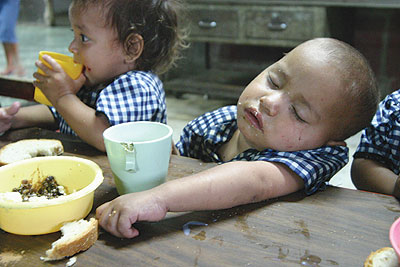
During the summit of the medical universities health affairs assistants from all over the world, the Iranian Deputy Minister of Health, Dr. Baqir Larijani said that Iran is facing serious malnutrition, noting that officials have to find proper solutions for this problem. 80% of deaths result from non-contagious diseases in the age of 70 in countries with middle income including Iran, he added. Larijani also stated that 82% of the fatal diseases in Iran are a heart attack, stroke, cancer, and breath diseases, adding that 16 thousand people die in Iran in car accidents every year. Reasons of the non-contagious diseases are similar, but malnutrition is the most dangerous of all that must be resolved, the deputy minister concluded.
Source: Etilaat Newspaper
Outside competition on investment in Chabahar
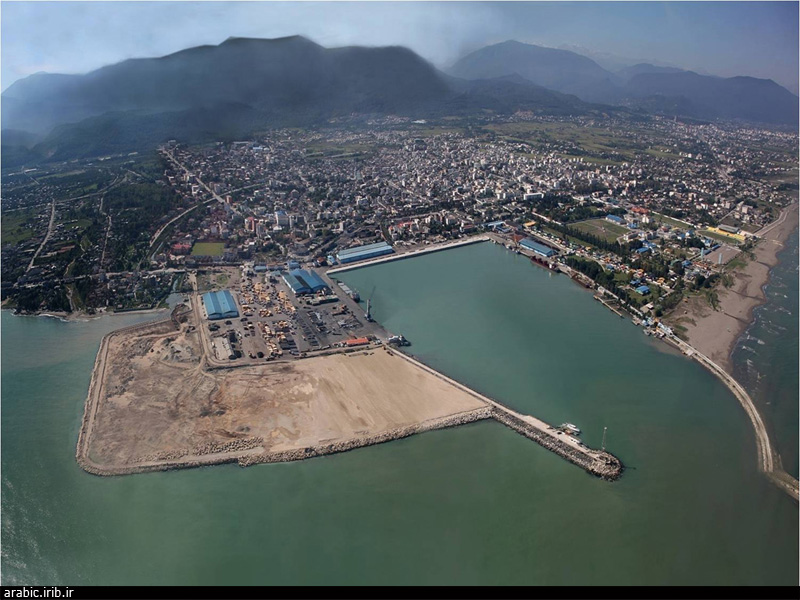
Executive Manager of the free trade and industrial zone in Chabahar, Abdulrahim Kurdi said that Chabahar’s strategic location has made foreign countries rally to invest in this region. He added that it is considered the best point to link Europe, Africa, and Asia, in addition to linking the Middle Asian countries with Afghanistan that do not have sea ports in the international waters in Chabahar.
Source: Abrar Eghtisadi Newspaper
Germany replaces China in trade relations with Iran

The German-Iranian chamber of Commerce general manager, Ranah Aaron said that Germany has replaced China in its trade relations with Iran and has become one of the biggest trade partners for this country, adding that trade size between Germany and Iran amounted to 2.5 billion Euros last year.
Source: Mehr Agency
16-year imprisonment for Narjas Mohammedi

The 36 branch in Tehran’s appeal court has endorsed the 16-year prison sentence for the human rights activist, Narjas Mohammedi. The court of the first instance, headed by a judge, Salavati ruled five-year imprisonment for incitement and provocation against the state security, one-year imprisonment for propaganda against the regime, and 10 years for forming the illegitimate Lijam group.
Source: Etimad Newspaper
Ministers of foreign affairs and agriculture are in the parliament next week
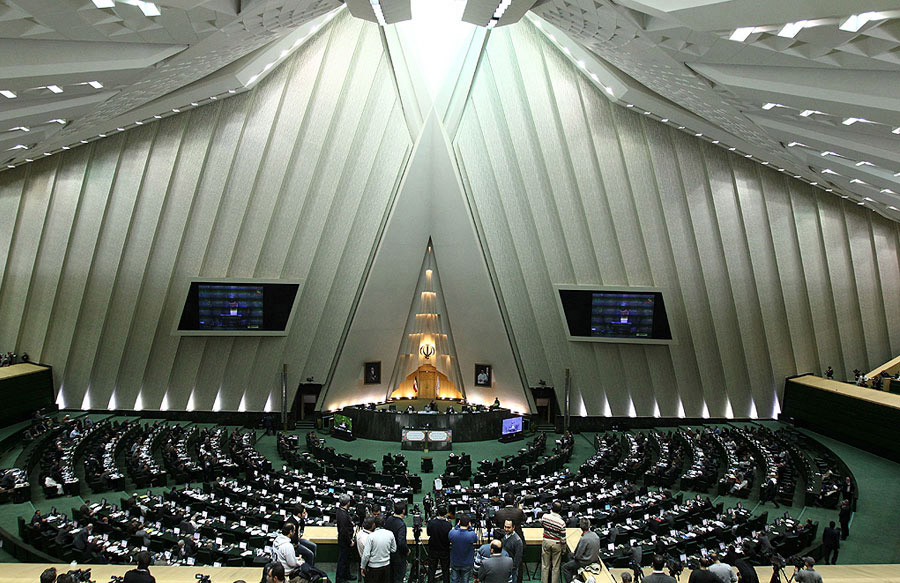
The Iranian parliament will hold sessions on Sunday, Tuesday, and Wednesday next week to discuss certain issues such as the report of the court of audit concerning the skyrocketing salaries with the presence of ministers of foreign affairs and agriculture. The Foreign minister will be required to answer questions of Karman district MP Mohammed Bor Ibrahimi and Mashhad Mp Javad Karimi Qudosi. On the other hand, minister of agriculture will be required to respond to the question of Najroud MP Mihrad Lahouti during the session.
On Sunday a session will be held to listen and discuss to the head of the court of Audit report concerning the skyrocketed salaries.
Source: Ebtikar Newspaper
Minister of Justice denies the possibility of exchanging Homa Hoodfar for Mahmoud Riza Khavri

The Iranian minister of Justice, Mostafa Bor Mohammedi denied the exchange of the Iranian-Canadian Academic Homa Hoodfar for the former banker Mahmud Riza Khavri who is accused of embezzlement of three thousand billion Tomans from Melli Iran bank and has fled to Canada, calling for directing questions concerning this issue to the judiciary.
Source: ISNA Agency
Negotiating with the west means selling the country and Khamenei stifles sedition at its cradle
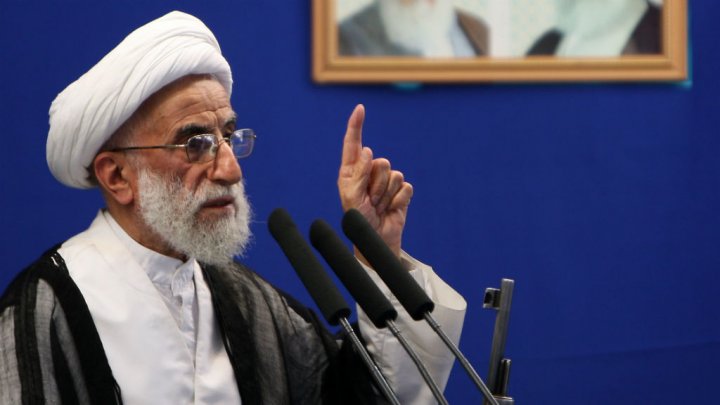
Head of the Assembly of experts for the leadership, Ahmed Jannati said that negotiating with the west means selling the country because Iranians have sacrificed their sons for freedom and independence. Some individuals hope that some dreams come true through the nuclear deal, but they are selling the country because the other side is not committed to its obligations as stated by the negotiating team, he added. Jannati also described the events of 2009 as sedition aimed at breaking down the country, asserting that the leaders of this uprising are politically active and have governmental positions, and at the same time, called for revealing the names of the skyrocketing salaries.
Jannati also said that he met the Supreme Leader, Khamenei yesterday and thanked him for his efforts in stifling sedition at its cradle, referring to Khamenei’s recommendation to Ahmadinejad not to run the upcoming presidential elections.
Source: Fares Agency
5% economic growth rate by the end of the year
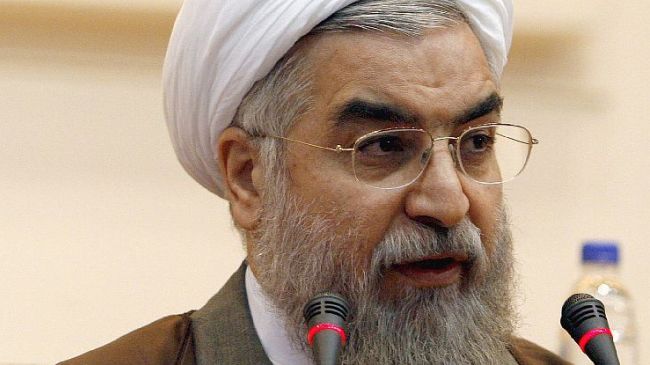
President Hassan Rouhani referred to the negative impacts of the severe drop in oil prices in the producing countries, saying that these countries suffered because of this drop, but Iran has passed those hard times smoothly and professionally. Rouhani also noted that they are working on achieving 5% growth rate by the end of the current Iranian year on March 21, 2017
Source: Abrar Eghtisadi Newspaper
